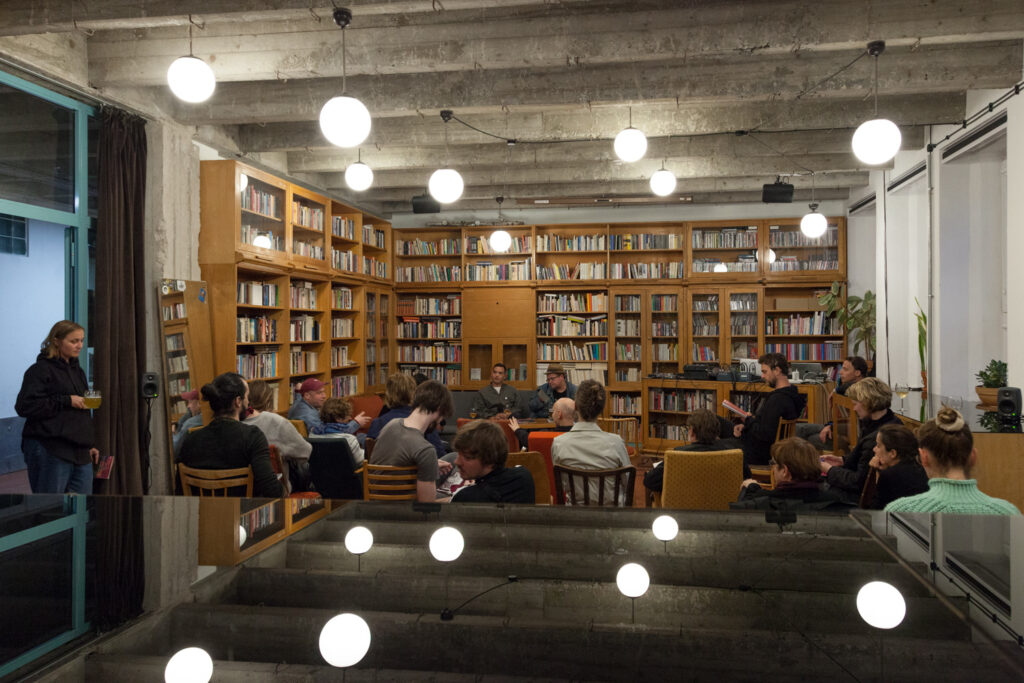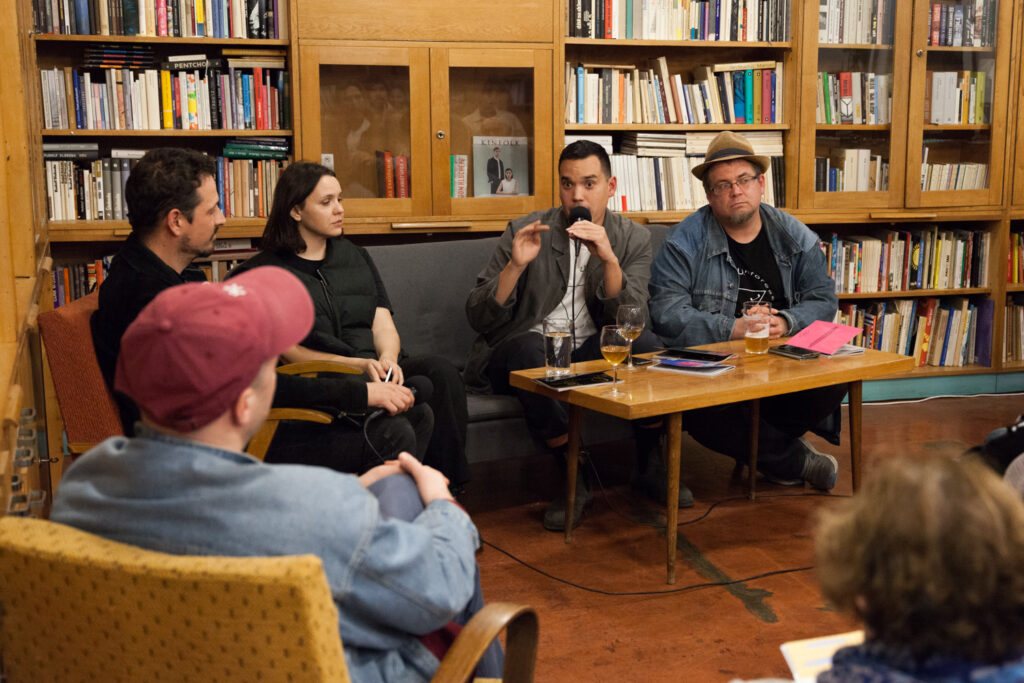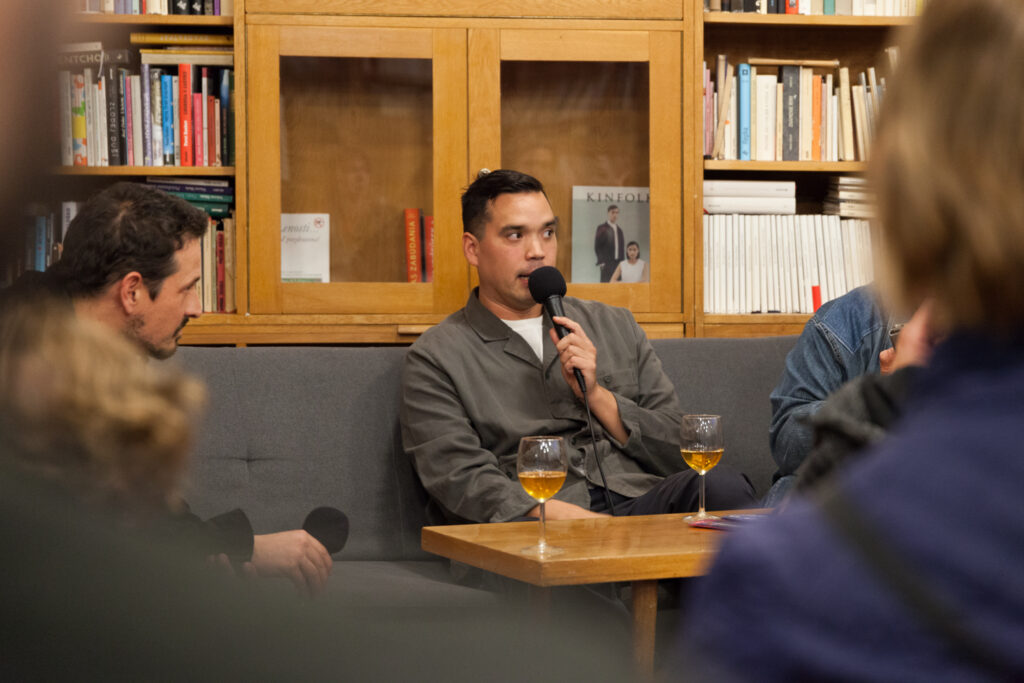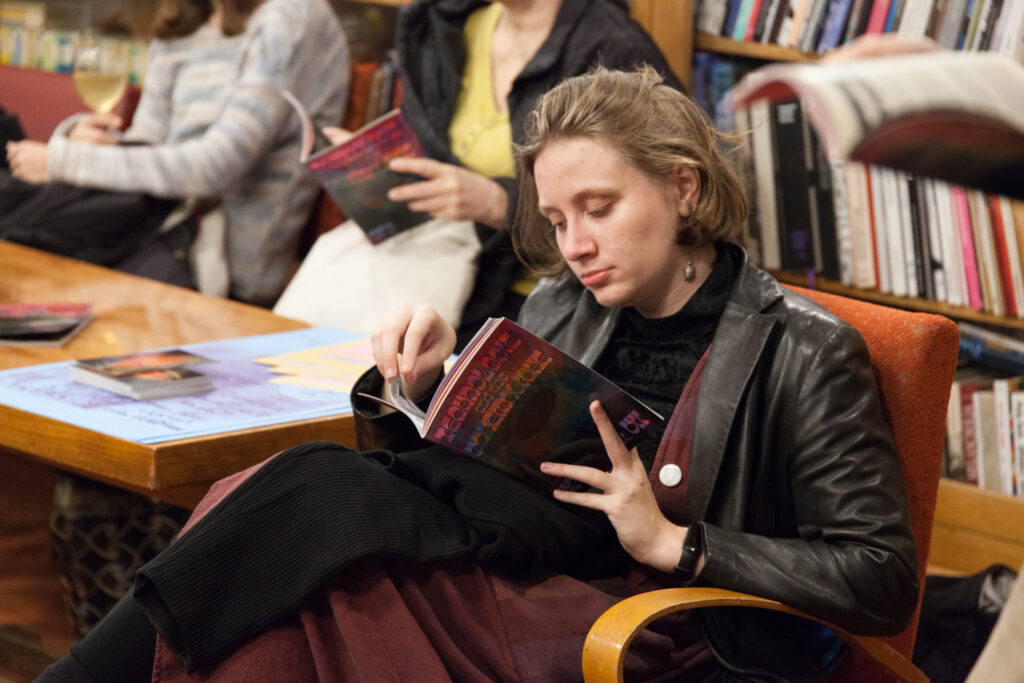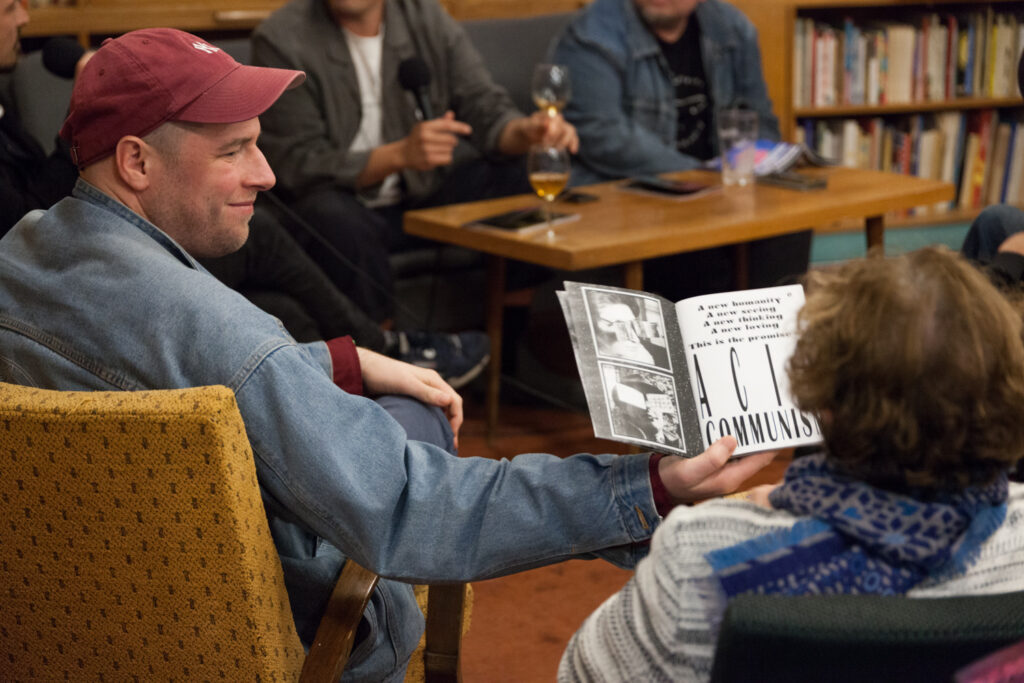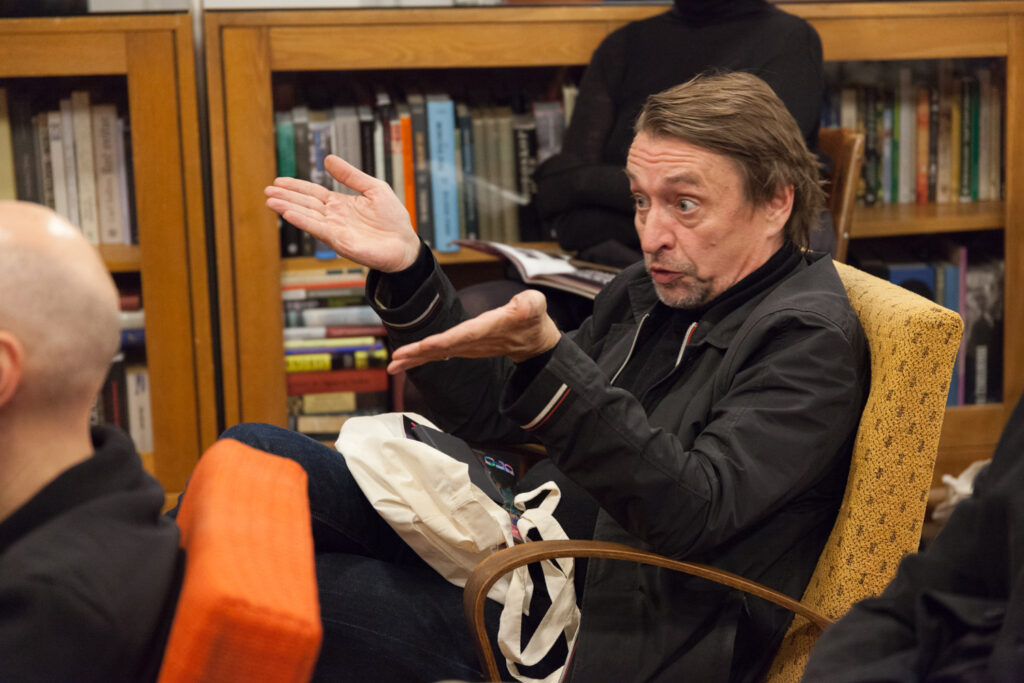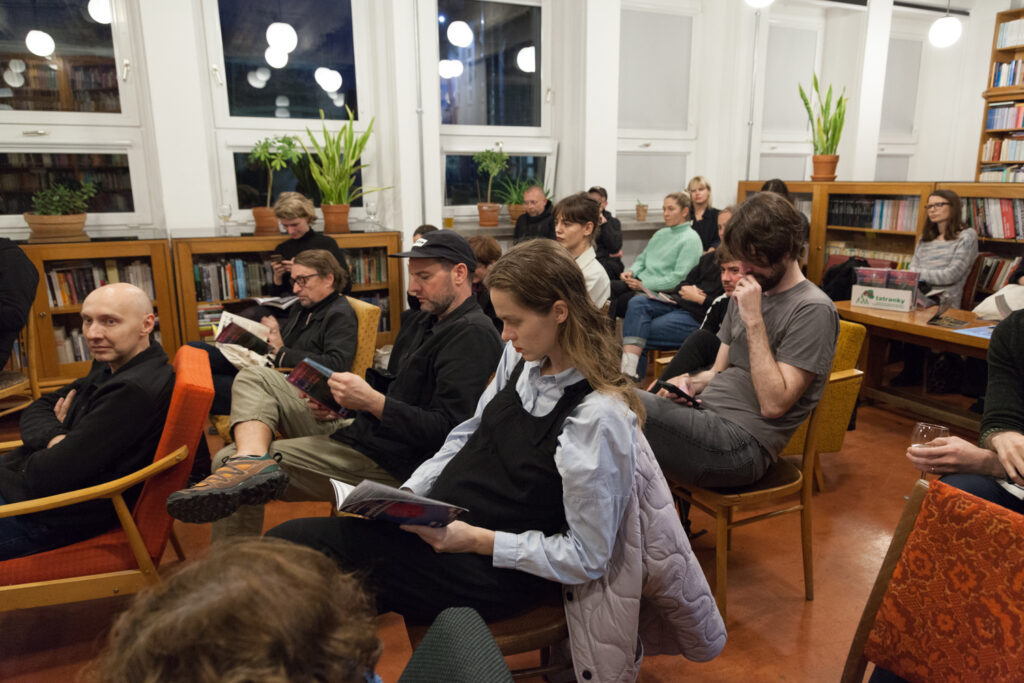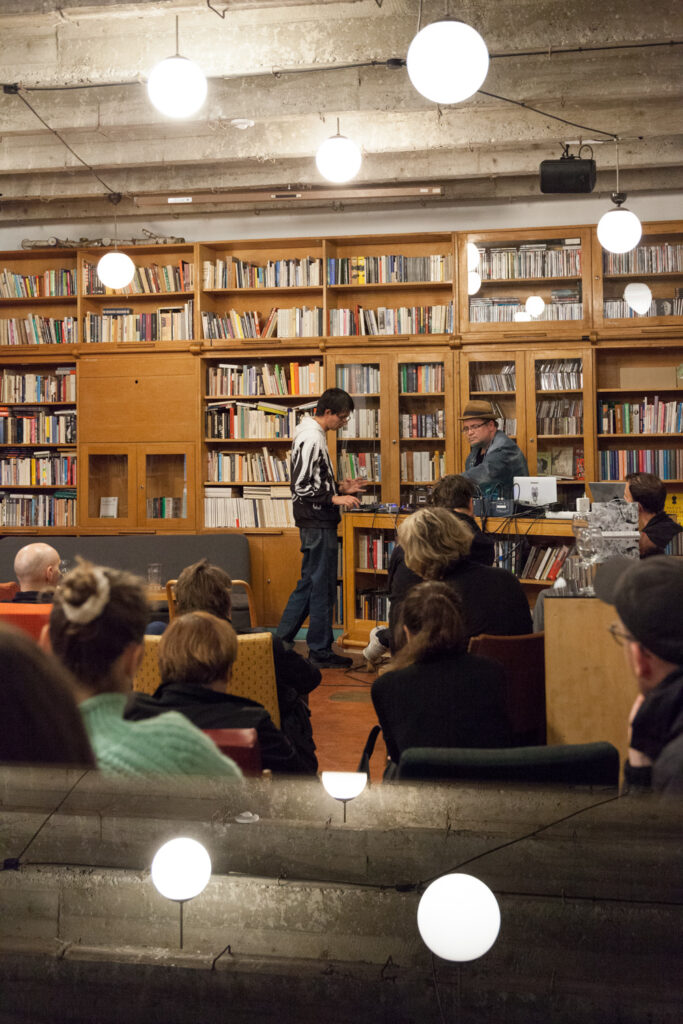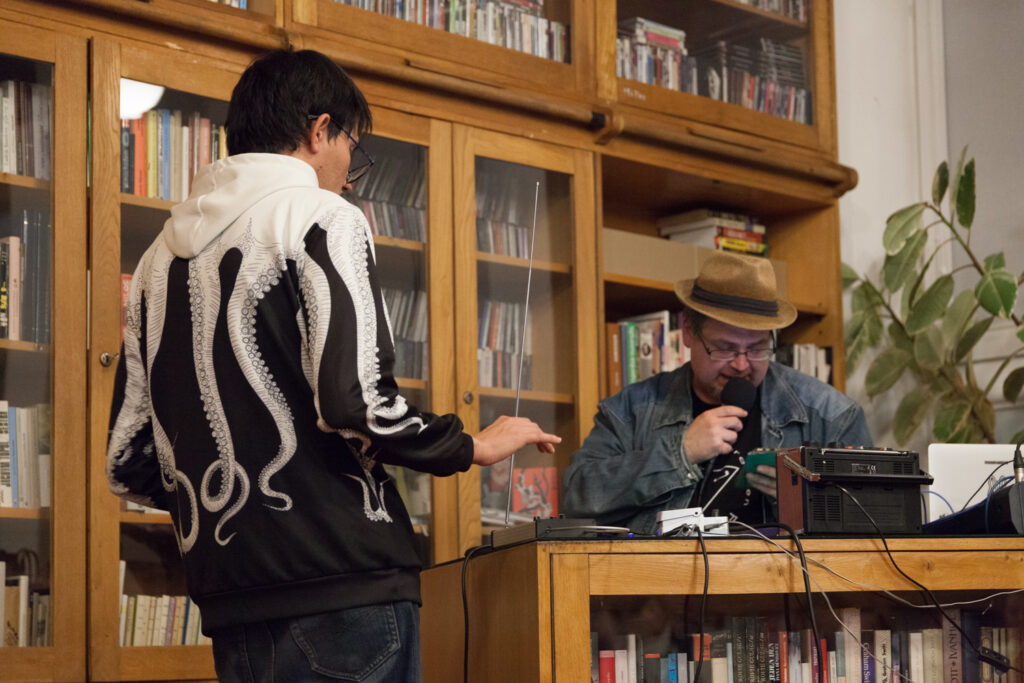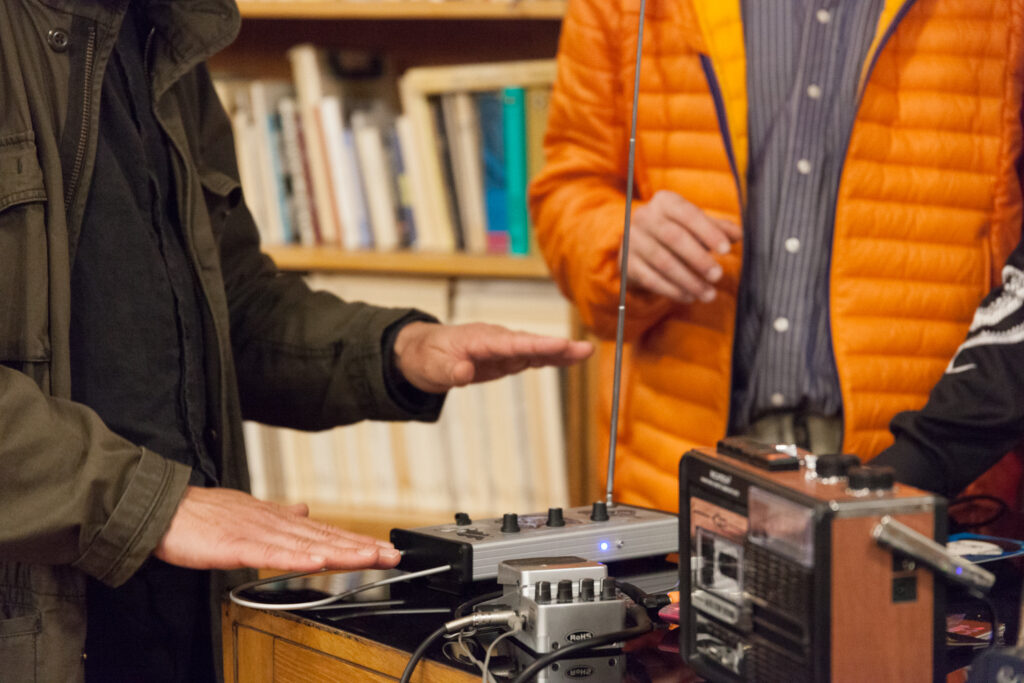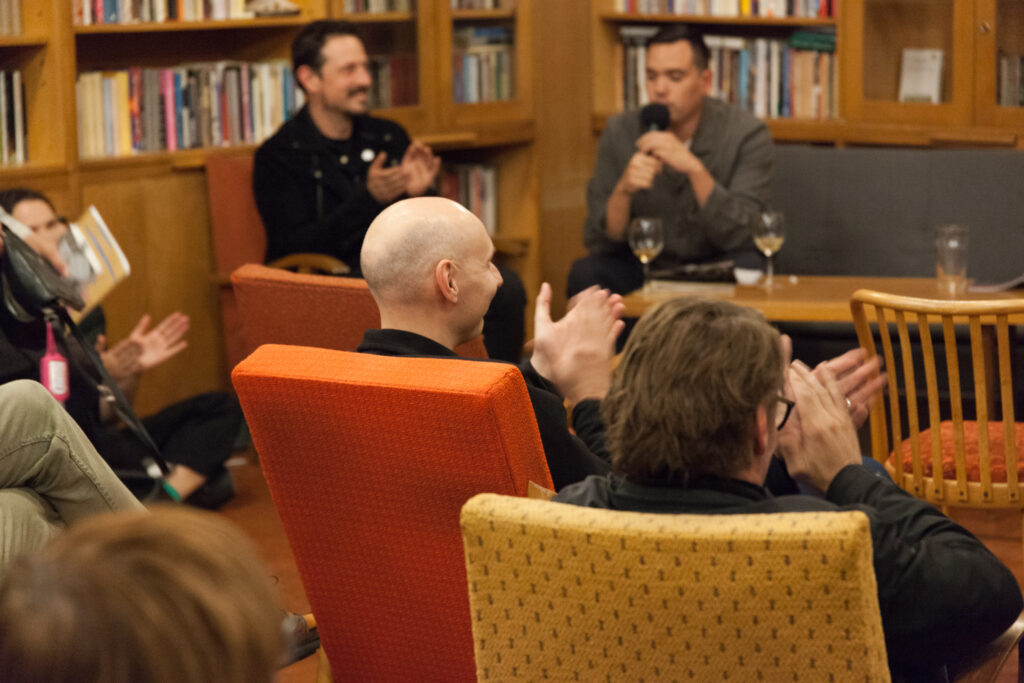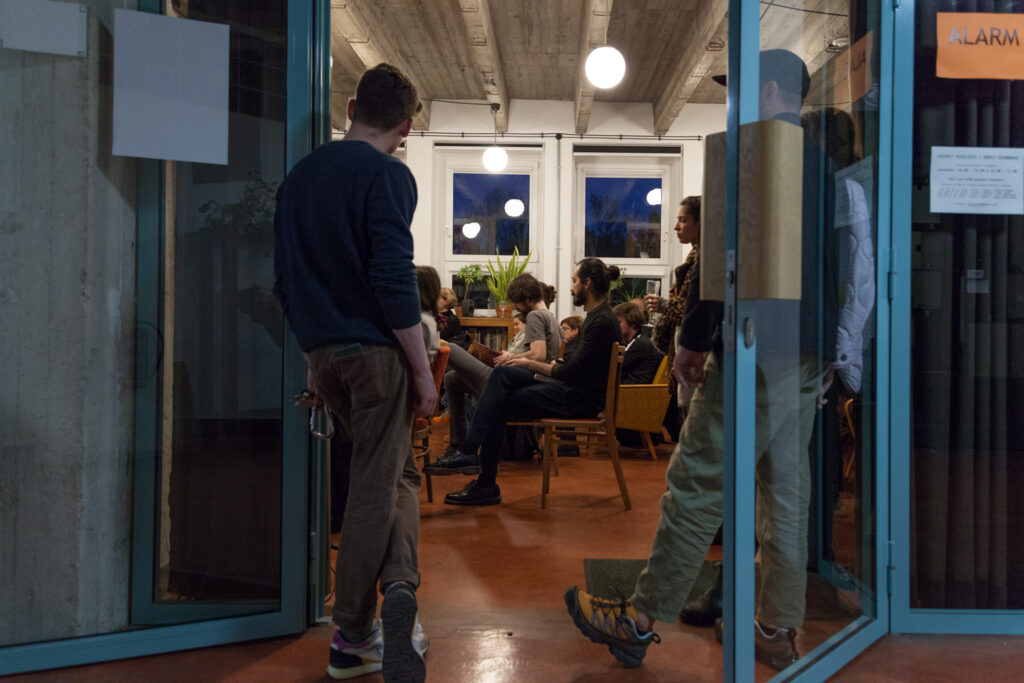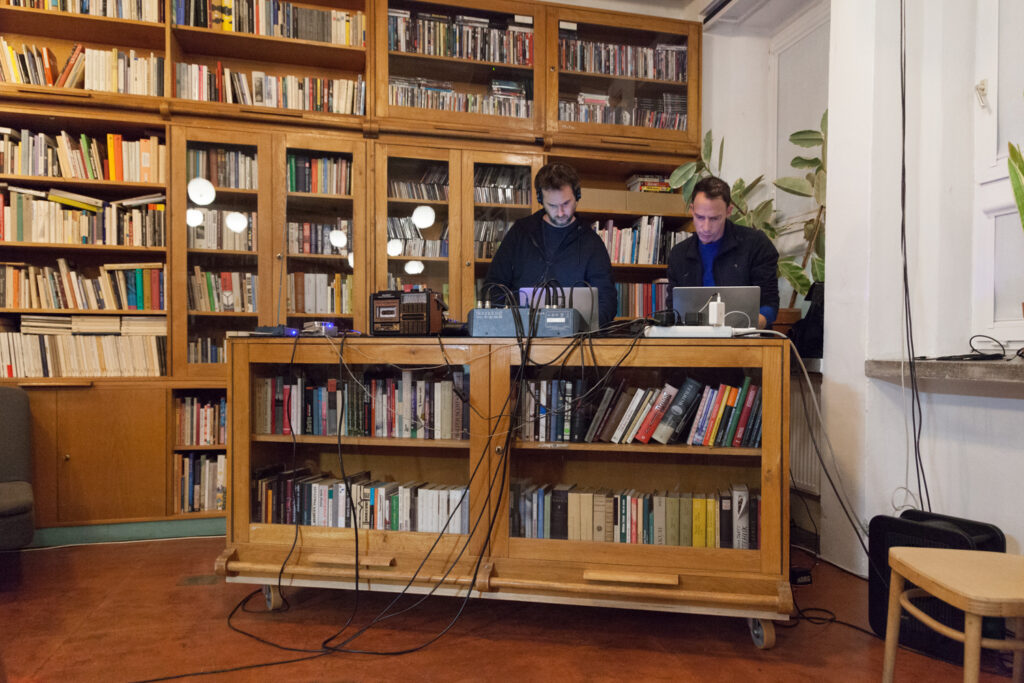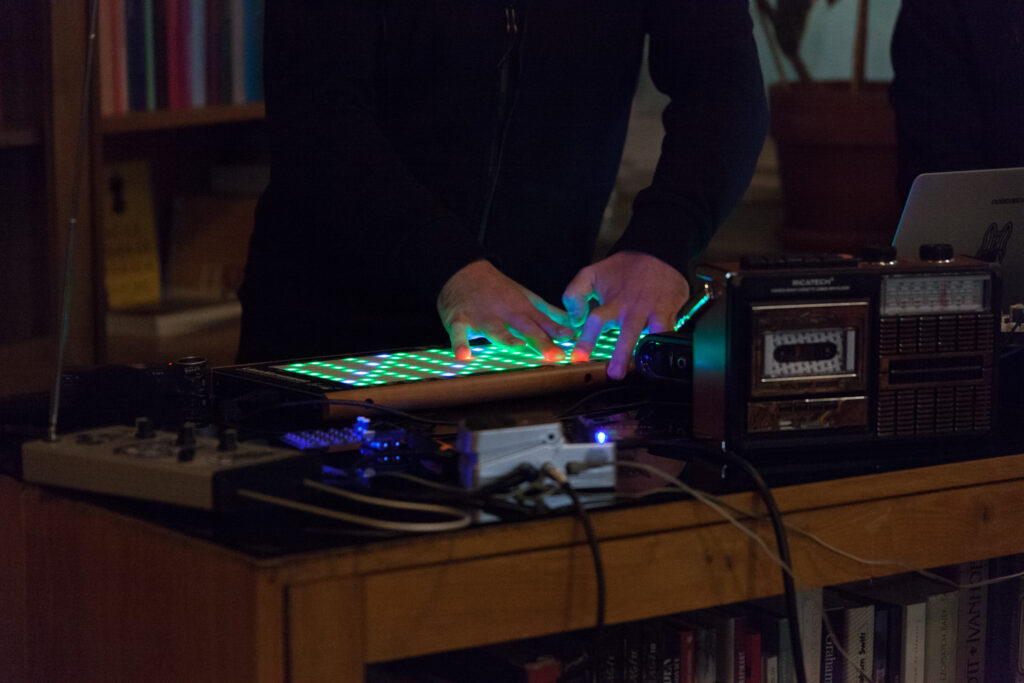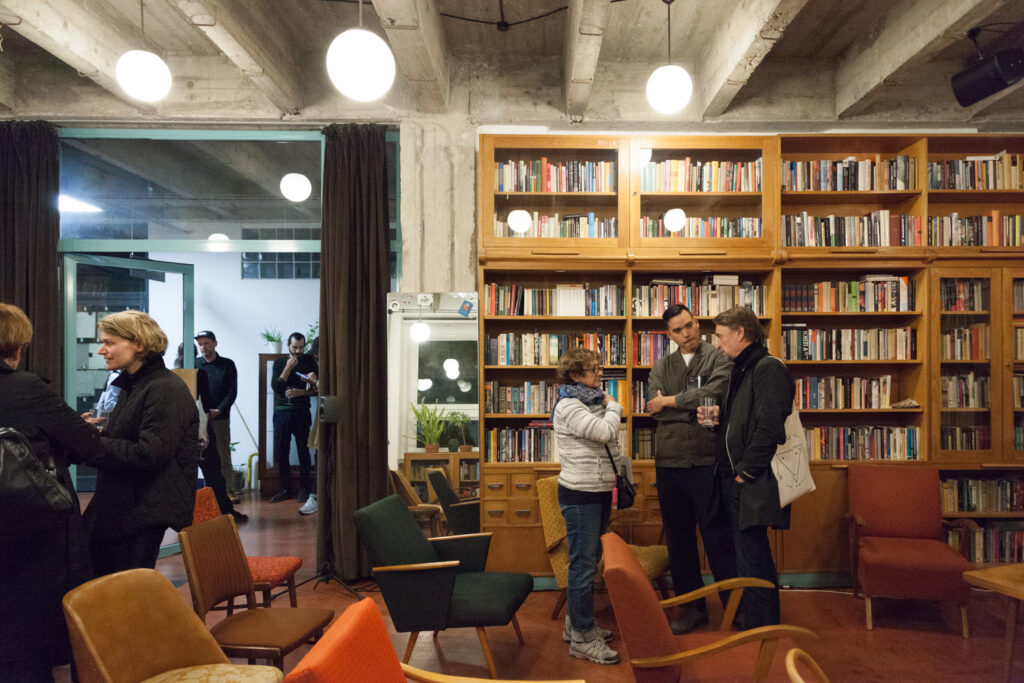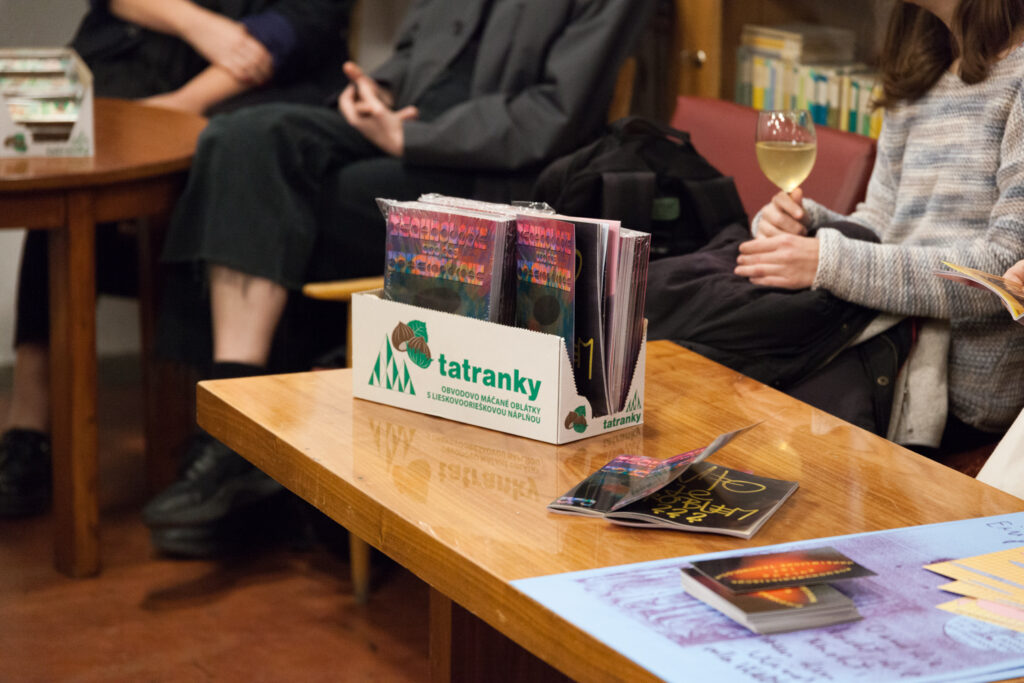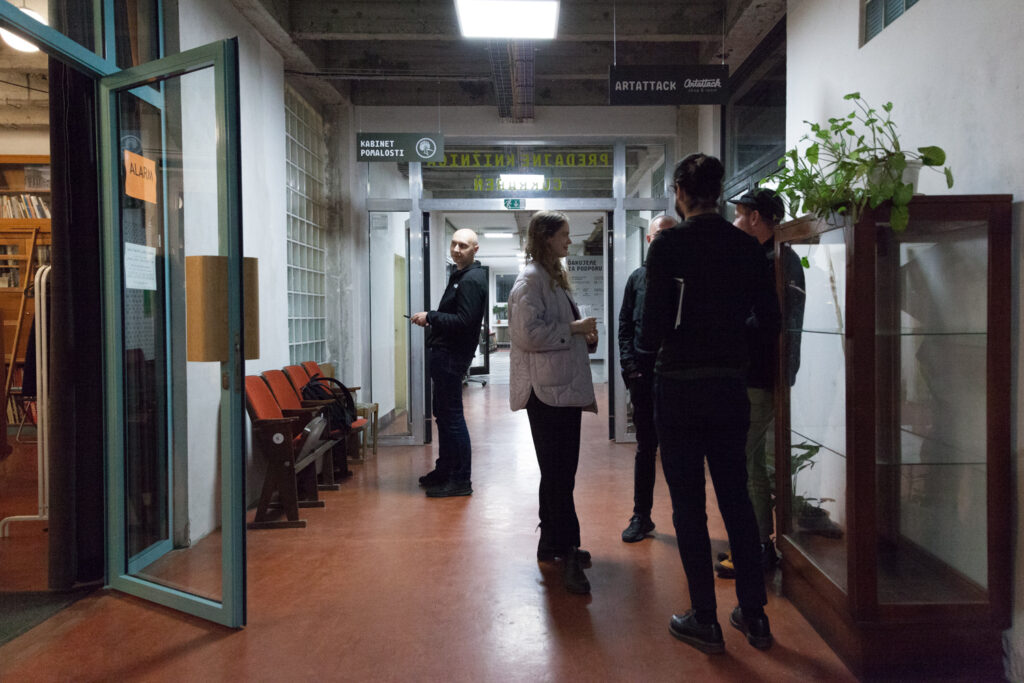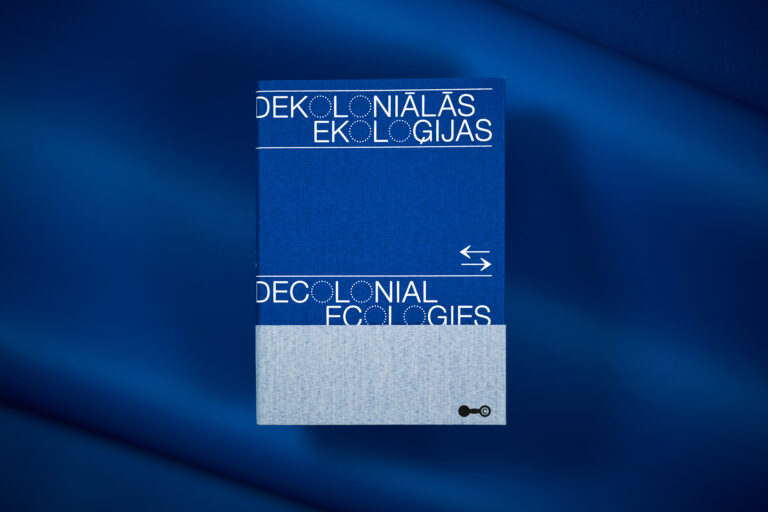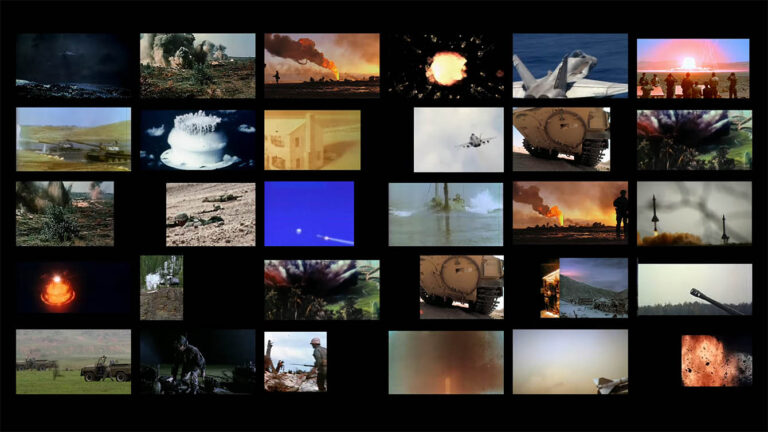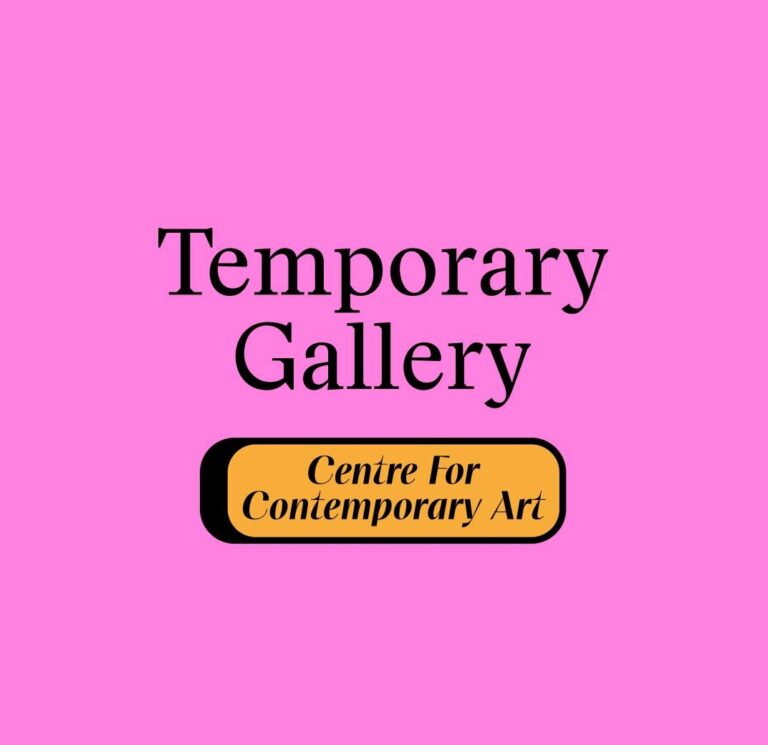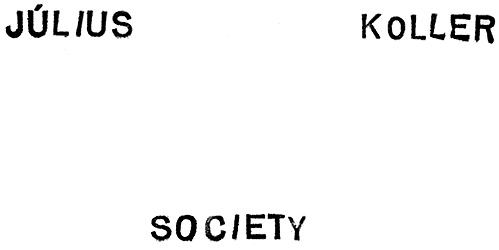The launch of the seventh volume of the zine T+U (Technologie und das Unheimliche), created in collaboration with The Július Koller Society, on the theme of U.F.O. The event includes a presentation of the zine and its authors, as well as performances by the musical ensembles 12z and Komor&Nemés from Hungary.
T+U vol. VII. UFO featuring texts and works by Aleksandr Delev, Daniel Grúň, Nora Malles, Aaron Moulton, Boris Ondreička, Rebeka Rácz + Bálint Szabó & Márton Kristóf, Borbála Szalai, Stanislaw Welbel, Barnabás Zemlényi-Kovác
13. 10. 2022, 6. p.m.
Kabinet Pomalosti (ground floor of Nová Cvernovka)
Račianská 78, Bratislava
T+U vol. VII. UFO (INTRO)
What is a UFO in the context of Július Koller’s artistic oeuvre?
What is the relevance of occulture in contemporary art? How to encounter the legacy of Eastern European neo-avantgarde beyond the hindraces of current identity crises?
These were the initial questions of the Budapest and Berlin-based art collective T+U (Technologie und das Unheimliche) when they started to work on their artistic research project titled Unforeseen Forces Of Occulture (U.F.O.). In the early summer of 2022, in collaboration with the JKS collective (Július Koller Society), an exhibition was set up in the cultural center Nová Cvernovka, located in a former chemical school in the suburbs of Bratislava. As a part of a series that features sci-fi phantasms absorbed into an acid hyper-collage against a psychedelic backdrop, the eponymous exhibition presented works using archival materials from the collection of the Július Koller Society. Following the exhibition, members of the JKS and T+U collectives have started to work on this collaborative zine project to tackle topics related to the show in the form of T+U’s cultural theory publication series.
Occulture is the big Other of culture, although this role is traditionally reserved for Life or Nature. From Július Koller’s perspective, this is not a contradiction, for him paranormality is inseparable from normality. The term para as “excess” does not encourage the rejection of normality, the form of everyday life, but rather its expansion towards a cosmo-humanist acceptance of the limitlessness of normality.
In this context a UFO can be anything. Accordingly, banality itself could also become miraculously alien. In other words, if the petty bourgeoisie of Eastern European (post)socialist society is adopting a Ufonautic perspective, then the existing socialism is ultimately transformed into an alien civilization in which we are all visitors or spies from far away. Consequently, this not only turns the Marxist motif of alienation from the relation of production to cosmic relations but transmutes the xenological subject into the archaeologist of everyday life. As a result, we will start to interpret the functioning of the xenotopia founded by ancient aliens (Marx, Engels, and Lenin) with a mixture of admiration, paranoia, and curiosity.
Xenopolitics fights with xenopolitics since UFOs are discovered not only by cosmo-humanists, but also by the paranoid machinery of manufacturing enemies. At the same time, the beauty of becoming a UFO is that it twists the friend-enemy logic since, by exaggerating alienation, an occult tangle of worldviews electrified with cosmic conspiracies are also emerging. Which then reminds of the alien being in John Carpenter’s The Thing, that is formless, shapeless, classless, limitless.
Listening to and understanding Koller’s suggestion, the editors of this zine agreed that it is no longer a specter but an actual UFO that haunts Europe. In the era of utopias turned into dystopias, we need something that has not been realized yet. Something that is still so unreal that it can keep reality vibrating like a galactic theremin.
When fantasy becomes capital, we need a new gold cover for the market of dreams, which resists the psycho-capitalist logic that thinks of the unconscious as a material resource for economic extractions. Turning anything into a UFO is a post-secular practice of poltical and alchemic gold-making. For Július Koller UFOs functioned as para-political miracle weapons of the everyday, echoing and mutating the discourse of the Situationists, who tried to turn everyday life unfolding in the ruptures of the spectacle into a field of revolutionary resistance.
The event takes place within the international project Islands of Kinship: A Collective Manual for Sustainable and Inclusive Art Institutions.
Supported using public funding by Slovak Arts Council and co-funded by the Creative Europe Programme of the European Union.
